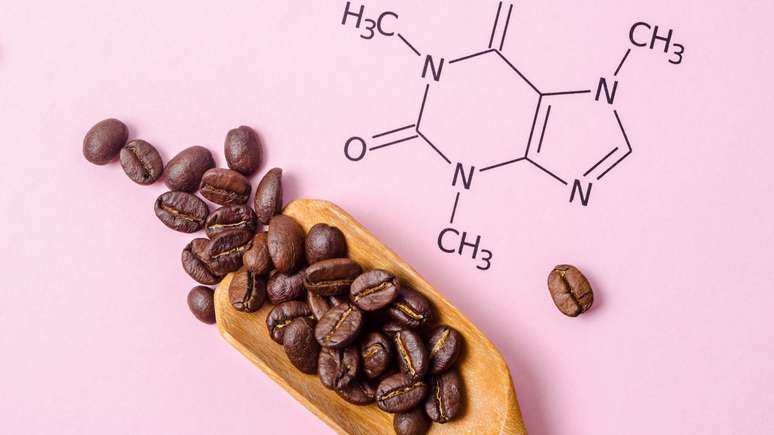Both substances are considered nootropics, promising to improve functions such as memory, attention and mental energy.
You nootropicsalso called “smart drugs” OR cognitive enhancers, have gained space in the lives of many people around the world. Available in various forms such as pills, chewing gum and even patches, they promise to improve functions such as memory, attention and mental energy. Caffeine and creatinefor example, there are two substances like these that are consumed daily, often without people being aware of their effects.
The term nootropic, which comes from the Greek “no” (mind) and “tropein” (change), was coined in the 1970s by the Romanian chemist Cornelius E. Giurgea. According to him, for a substance to be considered a nootropic, it must improve cognitive ability, protect the brain from injury and be virtually free of side effects. Nootropics work in several ways, for example by improving the transmission of signals between neurons and protecting them from damage.
Main types of nootropics and their effects
Some of the most commonly used nootropic substances include caffeine, L-theanine, Ashwaghanda and creatine. Each of them has specificities in terms of action and result, which vary depending on each person’s organism. Let’s explore how each of these substances works:
- Caffeine: It has properties that stimulate the nervous system, improving alertness and reaction time. However, excessive consumption can cause side effects such as anxiety and sleep disturbances.
- L-theanine: Present mainly in green tea, this amino acid promotes the production of alpha waves in the brain, associated with relaxation and increased concentration.
- Ashwaghanda: used in medicine ayurvedic for improving memory and cognitive function, it has shown promise in some studies. However, more research is still needed to prove its effectiveness and safety.
- Creatine: Known for its effects on increasing the energy necessary for physical activities, it is also effective in improving memory and concentration. Side effects are rare but may include weight gain, gastrointestinal upset, and liver and kidney changes.
What do studies say about the use of nootropics, such as caffeine?
While there is evidence about the benefits of some nootropics such as caffeine and creatine, science is still seeking definitive answers on the effectiveness and safety of most of these compounds. Larger and longer studies are needed to determine ideal doses and possible risks associated with long-term consumption.
For example, while caffeine is widely accepted and used around the world as an effective mental stimulant, substances like L-theanine still require further research to fully validate their cognitive-enhancing claims.
Source: Terra
Rose James is a Gossipify movie and series reviewer known for her in-depth analysis and unique perspective on the latest releases. With a background in film studies, she provides engaging and informative reviews, and keeps readers up to date with industry trends and emerging talents.


![Such a wonderful sun in advance: August 13, 2025, Summary of Wednesday Episode [SPOILERS] Such a wonderful sun in advance: August 13, 2025, Summary of Wednesday Episode [SPOILERS]](https://fr.web.img3.acsta.net/img/0e/66/0e66cd7c43df61060be104979eb3e539.jpg)





